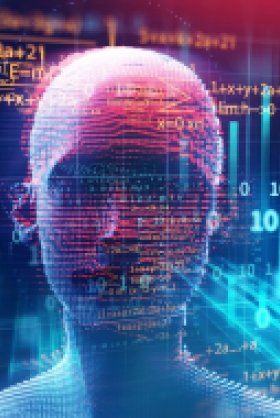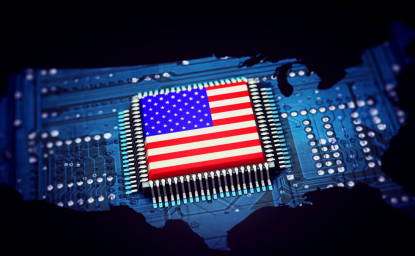How to Optimize Human Biology: Where Genome Editing and Artificial Intelligence Collide


Genome editing and artificial intelligence (AI) could revolutionize medicine in the United States and globally. Though neither are new technologies, the discovery of CRISPR in genome editing and advances in deep learning for AI could finally grant clinical utility to both. The medical use of these technologies individually could result in their eventual combined use, raising new and troubling ethical, legal, and social questions. If ongoing technical challenges can be overcome, will the convergence of AI and CRISPR result practitioners ‘optimizing’ human health? And could viewing human biology as a machine result in a willingness to optimize biology for reasons other than health alone? Given the rapid technical progress and potential benefits of genome editing and AI, answering these questions will become more pressing in the near future. Such concerns apply not only to the United States but to the international medical community. Notably, China has demonstrated its desire to be a global leader in both genomics and AI, which could indicate the potential of these technologies to converge in China soon. What form should the international governance of these technologies take and how will it be enforced? To ensure responsible progress of genomics and AI in combination, a balance must be struck between promoting innovation and responding to ethical, social, and moral quandaries.
How to Optimize Human Biology: Where Genome Editing and Artificial Intelligence Collide by The Wilson Center on Scribd
Authors

Formerly European Commission, Directorate-General for Research and Technological Development, Directorate on Science, Economy and Society

Science and Technology Innovation Program
The Science and Technology Innovation Program (STIP) serves as the bridge between technologists, policymakers, industry, and global stakeholders. Read more

Explore More
Browse Insights & Analysis
360° View of How Southeast Asia Can Attract More FDI in Chips and AI


